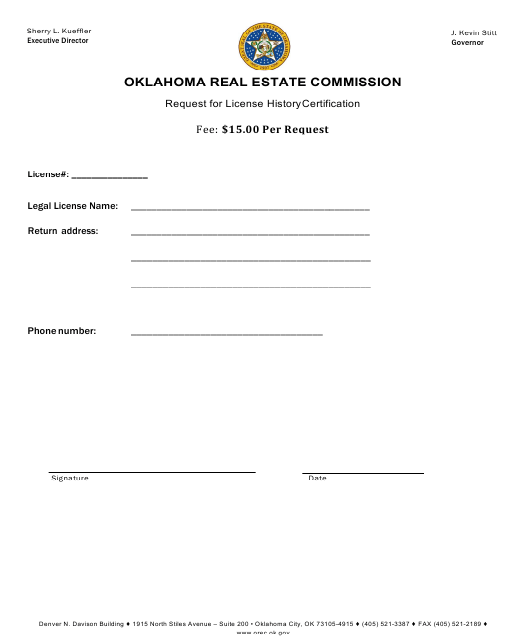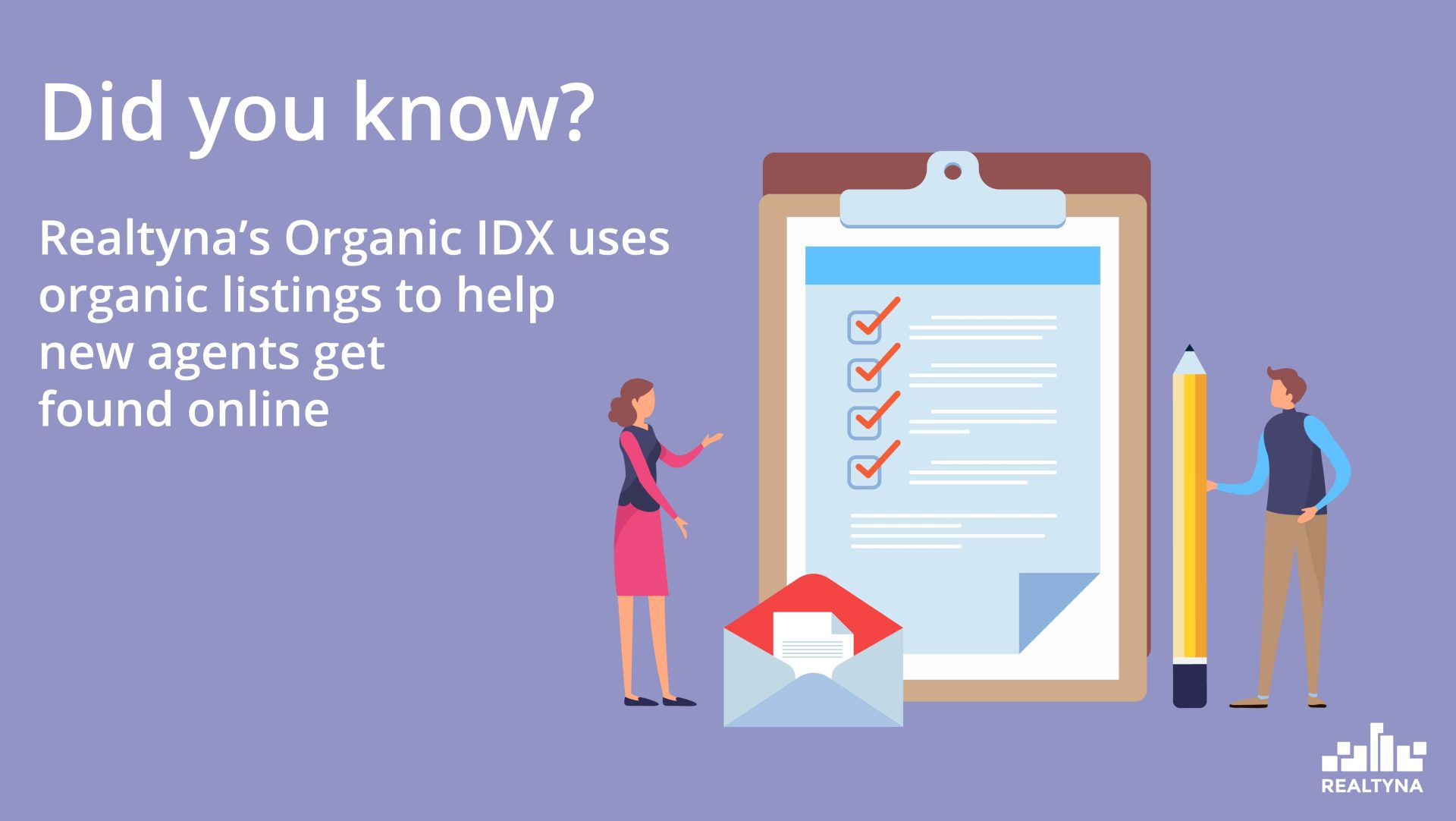
Maine has a lot to offer for people looking to start a new real estate career. It is a state that offers reciprocity with all 50 states, and its real estate market has been booming in recent years. It also offers a variety of licensing courses to help prospective agents obtain a license.
Get Your Real Estate License in Maine
The first step to getting your real estate license in Maine is to enroll in a 55-hour prelicensing course. You can choose to take this class in a classroom setting or via online courses. It is important to find a course that suits your learning style and is offered at a price that you can afford.
Once you have completed your prelicensing course, you can schedule the Maine real estate exam. You will need to pass the test with a 75% score in order to receive your license. The exam is a combination of general practice questions and Maine law questions. It is administered by the Maine Real Estate Commission and uses a system called Pearson VUE to administer the test.

You can prepare for the Maine exam by taking a pre-licensing exam prep course that will cover all of the required topics. This course is generally self-paced and includes study materials like practice tests, flashcards, and other resources to help you get ready for the exam. Some of these courses even offer a "guarantee" that you will pass your test on your first attempt.
The Real Estate Learning Group (TRELG) has a wide range of courses and learning formats. They are perfect for anyone who loves the flexibility of an online course and enjoys learning from experts who are well-versed in the real estate industry. TRELG also offers hybrid learning, which is a mix of both in-person and online classes.
This company has more than 30 years of experience in the real estate industry and provides exceptional learning materials that make it easy for students to grasp the concepts they are learning. It also offers instructor support through phone calls or email.
If you are unsure whether a real estate career is for you, The Center for Real Estate Studies has a free career counseling session that will help you determine if this is the right path for you. They also offer a free Start Smarter Kit that includes a 55-page book that describes a day in the life of a real estate agent and a spreadsheet that will show you what your income and expenses might be.

In addition to the classroom learning, The Real Estate Learning Group also offers a livestream option that allows you to learn with the help of instructors in a convenient livestream setting. This is a great choice for people who enjoy the flexibility of a self-paced course and are willing to invest a little more money than some other options.
Lastly, The CE Shop has a huge selection of continuing education courses that are designed for brokers and will keep you up to date on the latest issues in the industry. The platform is easy to use and makes it simple for brokers to complete their CE requirements.
FAQ
What are the benefits of a fixed-rate mortgage?
A fixed-rate mortgage locks in your interest rate for the term of the loan. This will ensure that there are no rising interest rates. Fixed-rate loans have lower monthly payments, because they are locked in for a specific term.
What is reverse mortgage?
Reverse mortgages are a way to borrow funds from your home, without having any equity. It allows you access to your home equity and allow you to live there while drawing down money. There are two types: conventional and government-insured (FHA). If you take out a conventional reverse mortgage, the principal amount borrowed must be repaid along with an origination cost. FHA insurance covers the repayment.
How many times may I refinance my home mortgage?
This will depend on whether you are refinancing through another lender or a mortgage broker. Refinances are usually allowed once every five years in both cases.
Statistics
- Based on your credit scores and other financial details, your lender offers you a 3.5% interest rate on loan. (investopedia.com)
- It's possible to get approved for an FHA loan with a credit score as low as 580 and a down payment of 3.5% or a credit score as low as 500 and a 10% down payment.5 Specialty mortgage loans are loans that don't fit into the conventional or FHA loan categories. (investopedia.com)
- When it came to buying a home in 2015, experts predicted that mortgage rates would surpass five percent, yet interest rates remained below four percent. (fortunebuilders.com)
- This seems to be a more popular trend as the U.S. Census Bureau reports the homeownership rate was around 65% last year. (fortunebuilders.com)
- Private mortgage insurance may be required for conventional loans when the borrower puts less than 20% down.4 FHA loans are mortgage loans issued by private lenders and backed by the federal government. (investopedia.com)
External Links
How To
How to manage a rental property
Although renting your home is a great way of making extra money, there are many things you should consider before you make a decision. We'll show you what to consider when deciding whether to rent your home and give you tips on managing a rental property.
Here's how to rent your home.
-
What are the first things I should consider? Before you decide if your house should be rented out, you need to examine your finances. If you have debts, such as credit card bills or mortgage payments, you may not be able to afford to pay someone else to live in your home while you're away. Check your budget. If your monthly expenses are not covered by your rent, utilities and insurance, it is a sign that you need to reevaluate your finances. It might not be worth the effort.
-
How much does it cost to rent my home? There are many factors that influence the price you might charge for renting out your home. These include factors such as location, size, condition, and season. It's important to remember that prices vary depending on where you live, so don't expect to get the same rate everywhere. Rightmove reports that the average monthly market price to rent a one-bedroom flat is around PS1,400. This means that if you rent out your entire home, you'd earn around PS2,800 a year. Although this is quite a high income, you can probably make a lot more if you rent out a smaller portion of your home.
-
Is this worth it? It's always risky to try something new. But if it gives you extra income, why not? Be sure to fully understand what you are signing before you sign anything. Renting your home won't just mean spending more time away from your family; you'll also need to keep up with maintenance costs, pay for repairs and keep the place clean. These are important issues to consider before you sign up.
-
Is there any benefit? So now that you know how much it costs to rent out your home and you're confident that it's worth it, you'll need to think about the advantages. There are plenty of reasons to rent out your home: you could use the money to pay off debt, invest in a holiday, save for a rainy day, or simply enjoy having a break from your everyday life. No matter what your choice, renting is likely to be more rewarding than working every single day. And if you plan ahead, you could even turn to rent into a full-time job.
-
How do I find tenants? After you have decided to rent your property, you will need to properly advertise it. Make sure to list your property online via websites such as Rightmove. Once you receive contact from potential tenants, it's time to set up an interview. This will help you assess their suitability and ensure they're financially stable enough to move into your home.
-
How do I ensure I am covered? If you are worried about your home being empty, it is important to make sure you have adequate protection against fire, theft, and damage. You will need to insure the home through your landlord, or directly with an insurer. Your landlord will likely require you to add them on as additional insured. This is to ensure that your property is covered for any damages you cause. This does not apply if you are living overseas or if your landlord hasn't been registered with UK insurers. In such cases, you will need to register for an international insurance company.
-
It's easy to feel that you don't have the time or money to look for tenants. This is especially true if you work from home. But it's crucial that you put your best foot forward when advertising your property. Make sure you have a professional looking website. Also, make sure to post your ads online. You'll also need to prepare a thorough application form and provide references. While some prefer to do all the work themselves, others hire professionals who can handle most of it. You'll need to be ready to answer questions during interviews.
-
What should I do once I've found my tenant? You will need to notify your tenant about any changes you make, such as changing moving dates, if you have a lease. Otherwise, you can negotiate the length of stay, deposit, and other details. Remember that even though you will be paid at the end of your tenancy, you still have to pay utilities.
-
How do I collect rent? When the time comes for you to collect the rent you need to make sure that your tenant has been paying their rent. You will need to remind your tenant of their obligations if they don't pay. Before you send them a final invoice, you can deduct any outstanding rent payments. If you're struggling to get hold of your tenant, you can always call the police. They will not normally expel someone unless there has been a breach of contract. However, they can issue warrants if necessary.
-
What are the best ways to avoid problems? Although renting your home is a lucrative venture, it is also important to be safe. Consider installing security cameras and smoke alarms. Check with your neighbors to make sure that you are allowed to leave your property open at night. Also ensure that you have sufficient insurance. Finally, you should never let strangers into your house, even if they say they're moving in next door.